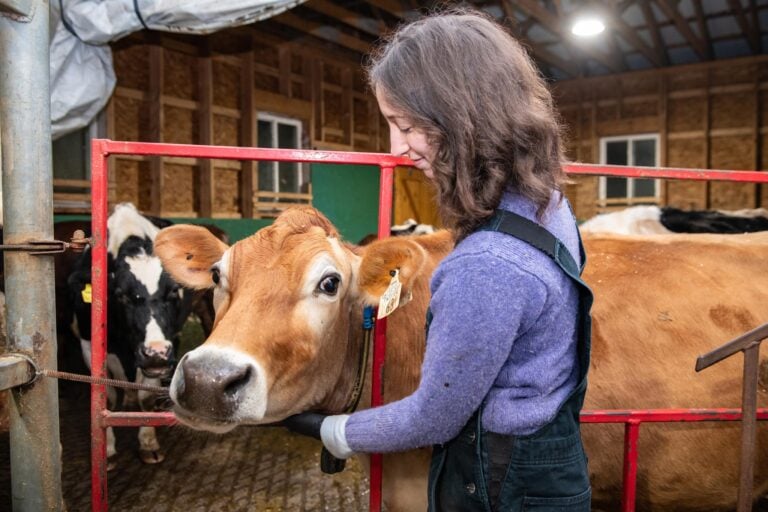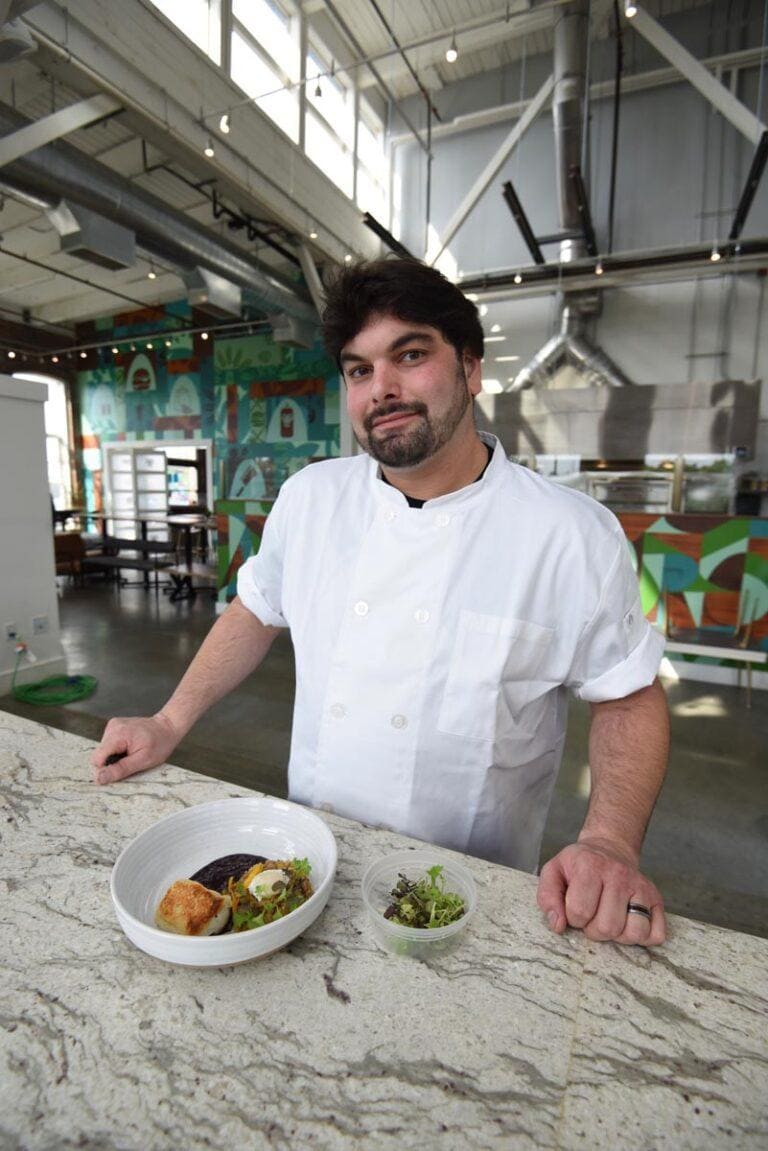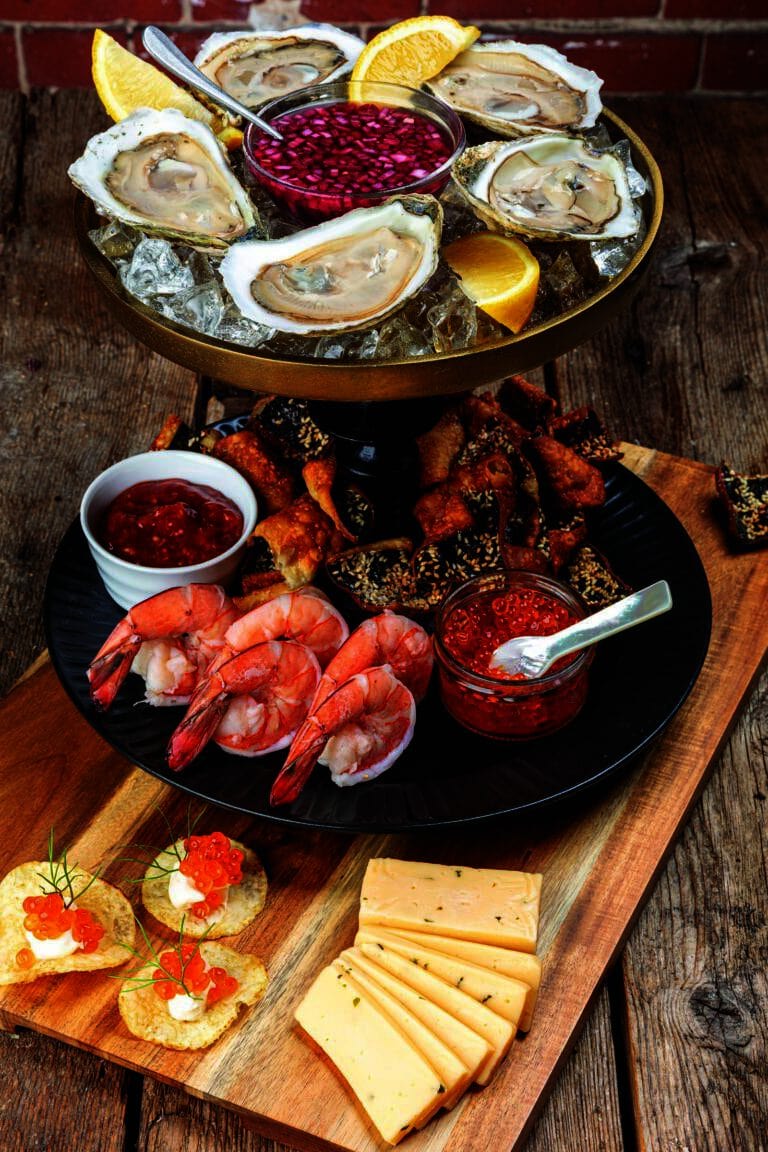Whether it’s a trip to the grocery store or a ride home from school, the time I spend in the car with my 15-year-old daughter, Lexi, seems to provide an unexpected safe space for her to ask me questions she might not bring up in a more formal setting. I have always been open with her about my work in the cannabis industry. Recently, as I explained the journey from bud to baked good, it dawned on me that I had another audience who would be curious about how THC makes its way into food: you. It all starts with the plants and the wonderful people growing them. Like any plant, from a seed a stem grows, and then a bud forms. A few things can happen with this bud (sometimes called “flower”), as it has the highest concentration of THC in the plant:“How do you put the ‘stuff’ in the food, Mom?”
- It can be smoked, but that’s talk for another day.
- It can be turned into cannabutter, an internet fan favorite that, without proper testing, can result in too strong of a dose, or a dose that’s inconsistent between servings.
- Or… it can be extracted by a fancy lab into a honey-like concentrate that is then sent out for dosage testing. This form is the gold standard for accurately measured THC-infused foods, and is only accessible to me as a licensed cannabis industry professional.
I’m sure you’re asking, “If it takes ALL this to get an accurately tested package of edibles, how will I ever get infusing right if I try it at home?” Don’t worry; I have a solution for you. It’s my spin on a traditional Italian dessert that takes the guesswork out of infusing at home and is sure to impress all of your adult guests. And if you aren’t ready to play with cannabis in your cooking, you can still make this dessert—simply replace the infused chocolate with your favorite alternative.So Lex, that’s how I “put the ‘stuff’ in the food.”














